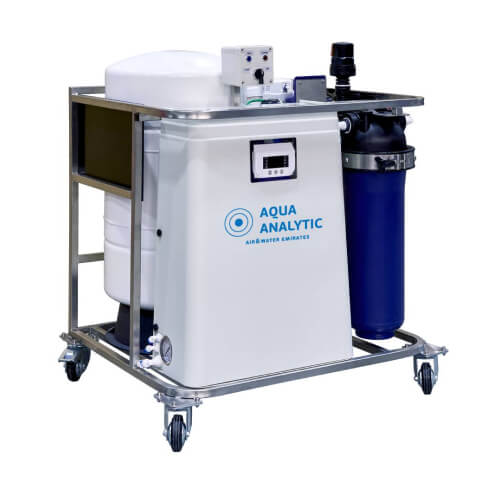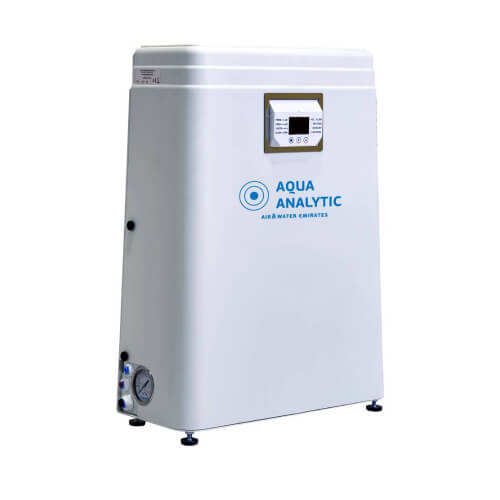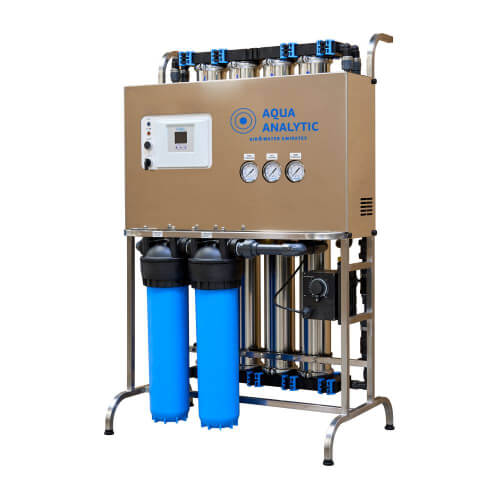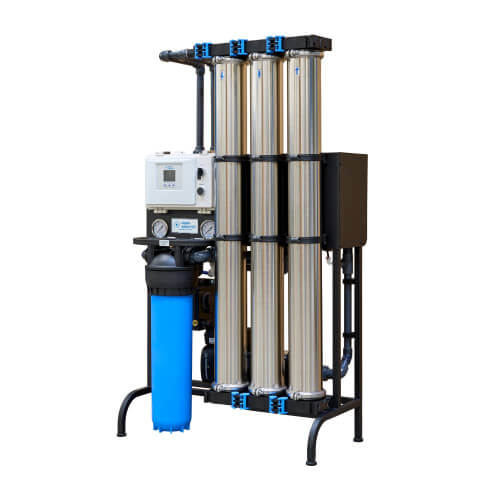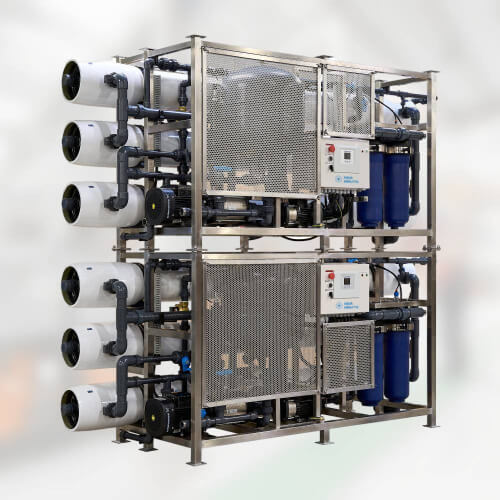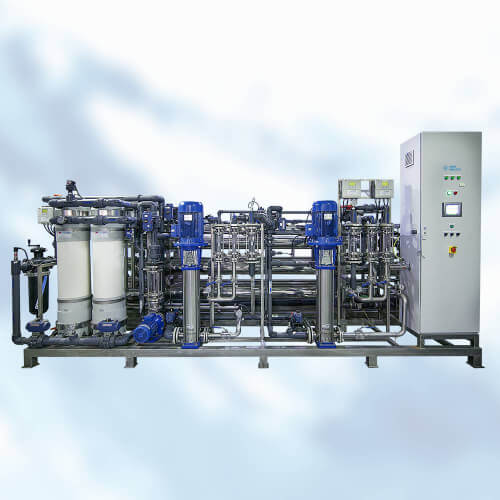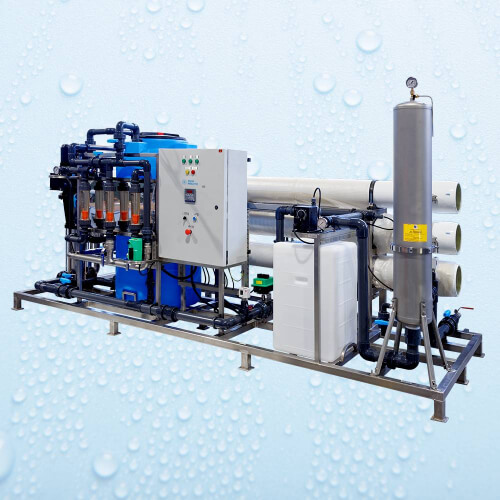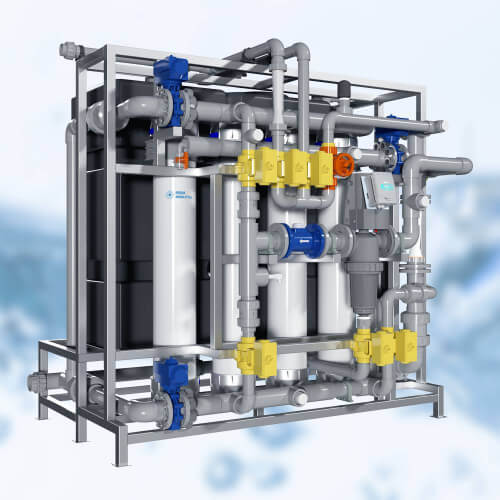Role of reverse osmosis in medicine

Reverse osmosis (RO) plays a crucial role in various aspects of the medical field, ensuring the availability of high-quality water for different applications.
Reverse osmosis (RO) plays a crucial role in various aspects of the medical field, ensuring the availability of high-quality water for different applications:
1. Dialysis:
RO systems are integral in producing ultrapure water used in hemodialysis. The purified water is essential to create the dialysis fluid, ensuring the safety and well-being of patients undergoing dialysis treatment.
2. Laboratory and Research:
Medical laboratories require high-purity water for various procedures, such as preparing reagents, cleaning glassware, and conducting experiments. RO systems provide the necessary purified water for these applications.
3. Medical Device Manufacturing:
Manufacturing medical devices often requires water of exceptional purity to ensure the quality and safety of the products. RO helps in achieving the stringent standards required in this industry.
4. Pharmaceutical Production:
RO plays a crucial role in pharmaceutical manufacturing, providing purified water for drug formulations, cleaning equipment, and meeting the strict quality standards mandated for pharmaceutical production.
5. Hospital Water Supply:
RO systems can be employed in hospitals to purify water for general use, ensuring a safe and clean water supply for drinking, sanitation, and other non-medical purposes within the facility.
6. Sterilization and Cleaning:
RO-generated purified water is vital for sterilization processes in medical facilities, ensuring that equipment, surgical instruments, and medical supplies are cleaned and sterilized effectively.
7. Reagent Preparation:
RO water is used in preparing various medical reagents, solutions, and buffers required for diagnostic tests and medical procedures.
8. Research and Development:
In R&D settings within the medical field, RO-produced high-purity water is essential for conducting experiments, developing new medical technologies, and testing medical hypotheses.
9. Infection Control:
Purified water from RO systems is essential in maintaining a hygienic environment, preventing infections in medical facilities through clean water for washing, sterilization, and other healthcare practices.
10. Imaging and Diagnostic Equipment:
Equipment such as medical imaging machines (like MRI and CT scanners) often require water of high purity to prevent potential damage to sensitive components, for cooling, and for ensuring accurate imaging results.
In the medical field, where precision, safety, and quality are paramount, reverse osmosis ensures the availability of water meeting stringent purity standards, safeguarding both patient health and the integrity of medical procedures and products.

